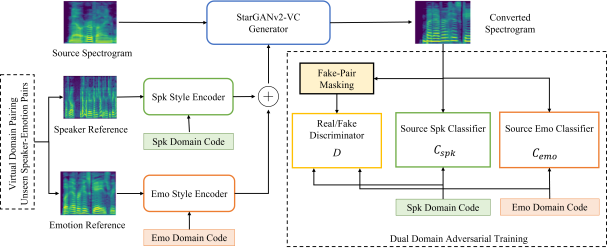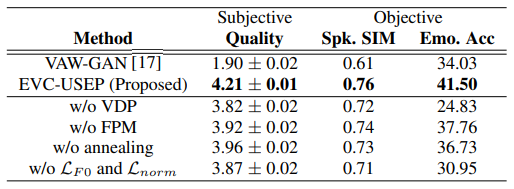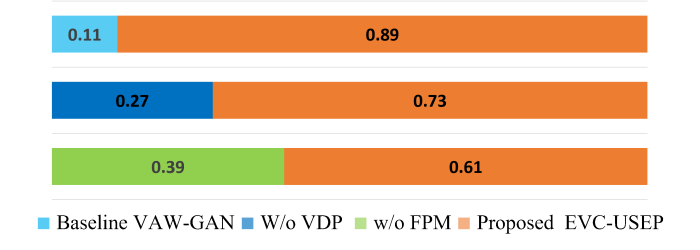29th March 2023
In this blog, Nirmesh J. Shah sums up the paper titled “Non-parallel Emotional Voice Conversion for Unseen Speaker-emotion Pairs” co-authored by Mayank Singh, Naoya Takahashi and Naoyuki Onoe which has been accepted at the International Conference on Acoustics, Speech, and Signal Processing (ICASSP), hosted in Rhodes Island, Greece from 04-10 June 2023.
Collaborative Background: In Sony Research India, we are given opportunities to work and collaborate with experts across global Sony Group of Companies. Being the experts in developing speech technologies for Indian languages, we explored the opportunity to forge a close collaboration with Dr.Naoya Takahashi, one of the leading experts in the audio/speech domain in Sony Group Corporation, Japan to develop an Emotional Voice Conversion system.
This article presents our work on non-parallel emotion voice conversion and addresses the problem of converting the emotion of speakers (of whom we only possess neutral data during the time of training and testing i.e., for unseen speaker-emotion combinations) and is based on a research paper accepted in ICASSP 2023, “Nonparallel Emotional Voice Conversion for Unseen Speaker-Emotion pairs using Dual Domain Adversarial Network & Virtual Domain Pairing”, co-authored by:
Collaborative Background: In Sony Research India, we are given opportunities to work and collaborate with experts across global Sony Group of Companies. Being the experts in developing speech technologies for Indian languages, we explored the opportunity to forge a close collaboration with Dr.Naoya Takahashi, one of the leading experts in the audio/speech domain in Sony Group Corporation, Japan to develop an Emotional Voice Conversion system.
Emotional voice conversion (EVC) system converts the emotion of a given speech signal from one style to another,without modifying the linguistic content of the signal. EVC technology has potential applications in movie dubbing, conversational assistance, cross-lingual synthesis, etc.

We presented our results on Hindi emotional database. Demo audio samples can be found online.
URL: https://demosamplesites.github.io/EVCUP/
We have conducted two subjective tests, namely, mean opinion scores (MOS) and ABX test to evaluate the quality of converted voices and evaluation of emotion conversion, respectively. For objective evaluation, we use an emotion classification network to evaluate the accuracy of emotion conversion and speaker similarity scores. From both objective and subjective evaluations, we confirm that the proposed method successfully converts the emotion of the target speakers,
outperforming the baselines w.r.t. emotion similarity, speaker similarity, and quality of the converted voices, while achieving decent naturalness.
Table 1: Subjective and objective evaluations results. MOS are shown for quality along with margin of error corresponding to 95% confidence interval.


Figure 2: ABX Subjective Evaluation for Emotion Similarity.
To know more about Sony Research India’s Research Publications, visit the ‘Publications’ section on our ‘Open Innovation’s page: